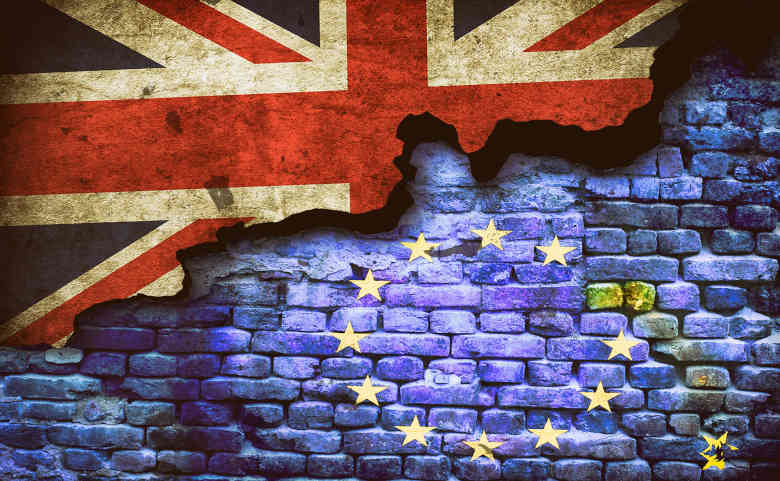Briefings for Britain, 12 February 2024, Catherine McBride
Despite the hoo-ha about the new border checks, only 23% of UK food comes from the EU and much of that comes from Ireland, not the continent. Trade is determined by the economic health of our trading partners, not compliance with their rules. But real UK food security can only be achieved by a variety of import suppliers. Not paying farmers to grow wildflowers would also help.
In an article in Saturday’s Observer, Jay Rayner is worried that Post Brexit border checks will cause food shortages and empty UK supermarkets because the UK ‘imports more than 45% of its food’. He cites a Defra Food Security report for this figure but most of the data in the report is from 2021 or earlier. A more up-to-date government report claims that 42% of UK food was imported in 2022 and only 23% was imported from the EU, (see point 3.1 in the cited document). But more importantly, both of these measurements are by value not volume. Food shortages are about the volume of imported food, not its value.
The EU is famous for producing expensive food, which can greatly inflate trade figures. For example, the UK imports a greater value of cheese from Italy than any other country with an imported value of £312,758 in 2022 according to ITC. This is probably due to the high per-kilo price of Parmesan cheese. But when we look at UK cheese imports by volume, we import much more from Ireland, our largest cheese supplier (61.5 thousand tonnes) than from Italy (46.9 thousand tonnes).
Click here to read the piece in full.

